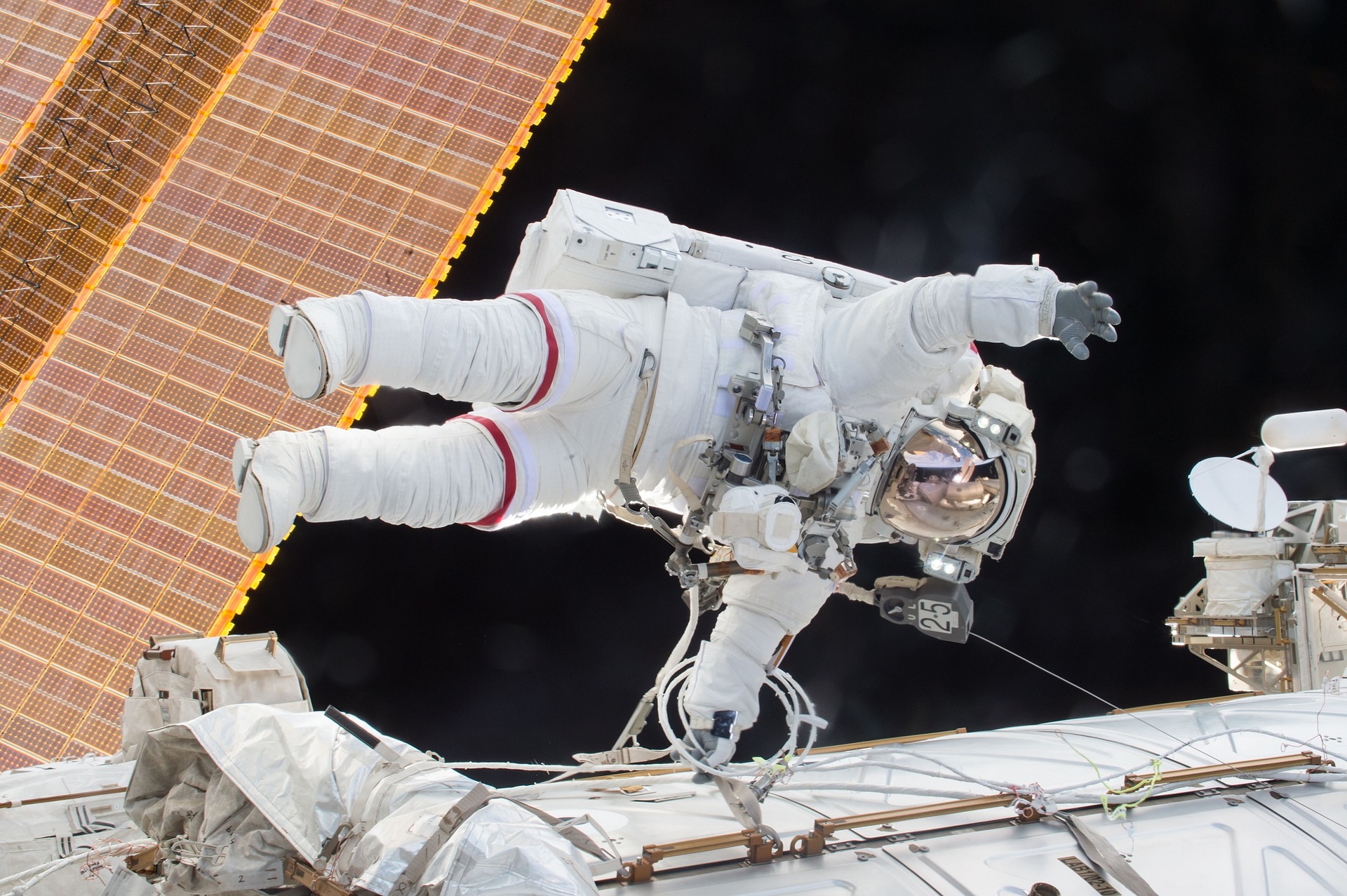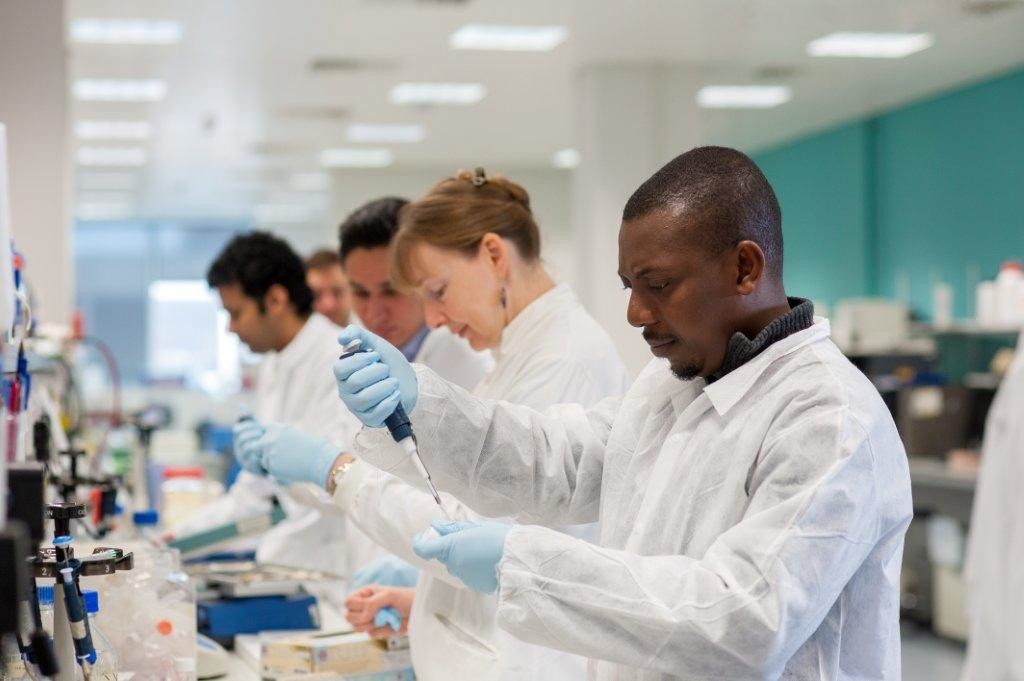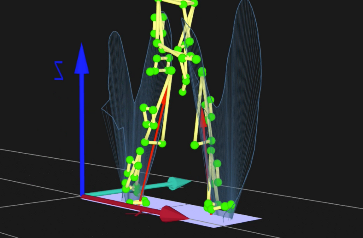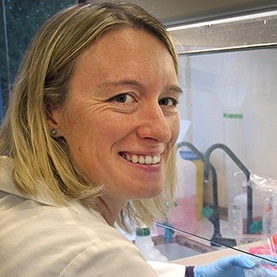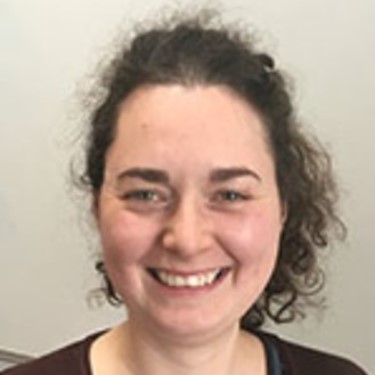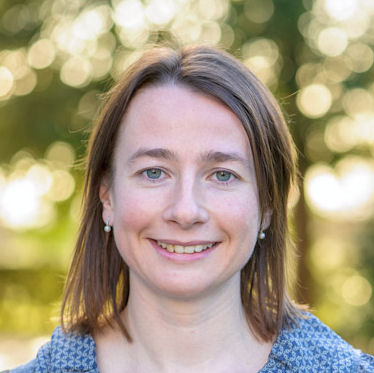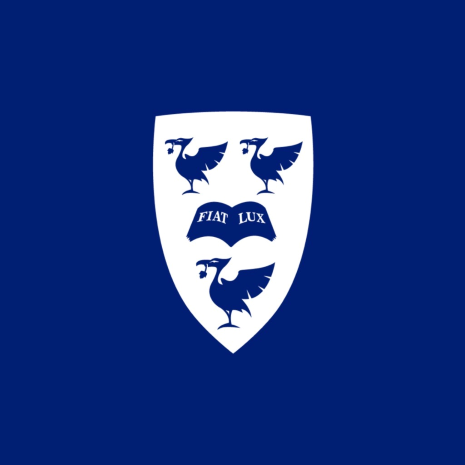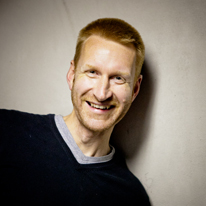
Department of Musculoskeletal and Ageing Science
The Department of Musculoskeletal and Ageing Science in the Institute of Life Course and Medical Sciences is producing world-leading research to address the multitude of challenges associated with musculoskeletal ageing.
We work with both medical and veterinary clinicians, as well as epidemiologists and biomedical scientists, to advance our research into age-related diseases and conditions. The fact we have broadened our investigations beyond human biology to include other species makes our work so life-changing on a global scale.
Our internationally-renowned team works on new ways of understanding, diagnosing, treating and preventing the ageing and chronic disease of skeletal muscle, bone, joints, cartilage, tendons and ligaments.
We have experts who specialise in human and animal gait analysis, as well as experts pursuing highly original research across the population, patient, cell and molecule spectrum. Due to the involvement of many diverse species in our work, we have gained new insights into variables such as ageing, healing and regeneration.
